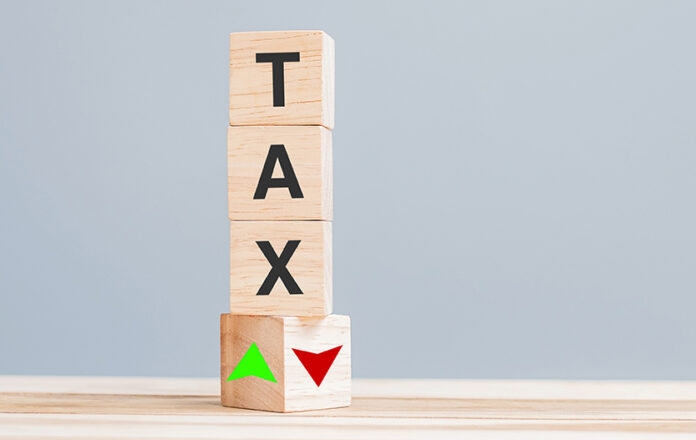The federal government is considering imposing a 1.5% withholding tax on the value of commercial imports, marking a significant move to enhance revenue collection and address widespread under-declaration of import values, The Express Tribune reported.
The proposed tax would be deducted by banks at the time payments are made to foreign suppliers, allowing importers to claim adjustments against their final tax liabilities.
Currently, importers pay withholding tax when filing goods declarations with Customs, but under the new plan, the tax deduction would shift to the payment stage through banking channels.
The Federal Board of Revenue (FBR) has reportedly briefed the International Monetary Fund (IMF) on the proposal, which also includes taxing imports at arrival and shipment stages. While the IMF’s stance on the plan remains unclear, it represents the government’s largest effort to meet next year’s tax target of over Rs14 trillion.
According to the news report, Finance Secretary Imdad Ullah Bosal confirmed the budget presentation remains on track for June 10. The Annual Plan Coordination Committee and the National Economic Council are scheduled to meet earlier in June to approve macroeconomic and development plans.
If implemented, the tax would be deducted when money is sent abroad via letters of credit, with banks adopting a model similar to withholding tax on overseas credit card payments. FBR officials declined to comment on the proposal.
A recent report by the Policy Research Institute of Market Economy (PRIME) estimated that Pakistan loses Rs3.4 trillion annually to illicit trade, with nearly 30% linked to misuse of Afghan Transit Trade. The report cited outdated border controls, weak customs automation, and ineffective scanning technologies as key reasons behind rampant smuggling, which erodes government revenue and harms formal businesses.
The introduction of this withholding tax could provide a streamlined revenue source for the FBR, which has historically struggled to enforce tax collection without external agents like banks or provincial authorities.
Meanwhile, indirect taxation remains a contentious issue. Last year’s imposition of a 20% federal excise duty (FED) on packaged juices contributed to a 45% drop in sales, according to industry representatives, who are now lobbying for a reduction to 15% to stimulate growth and improve revenues.




